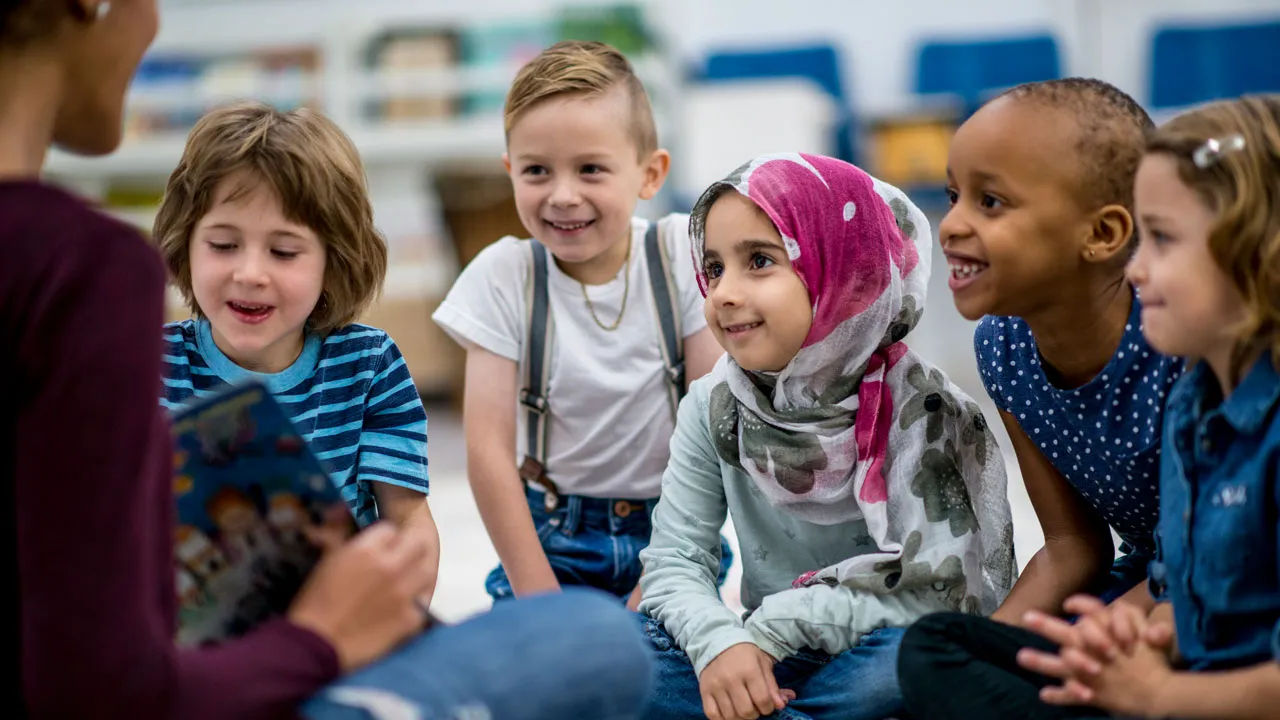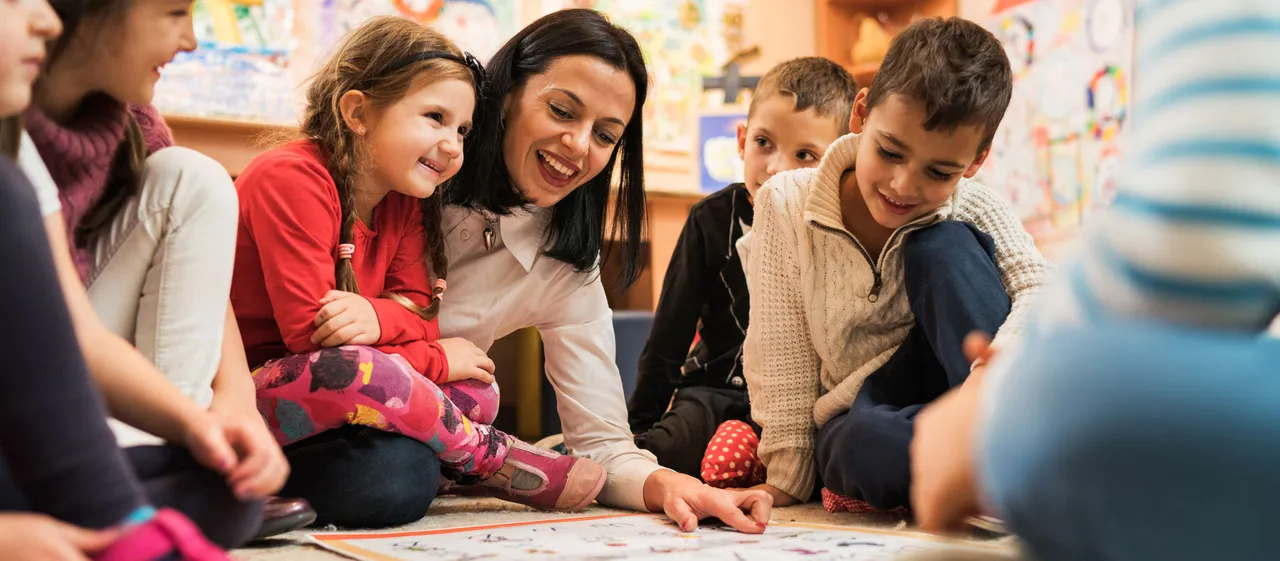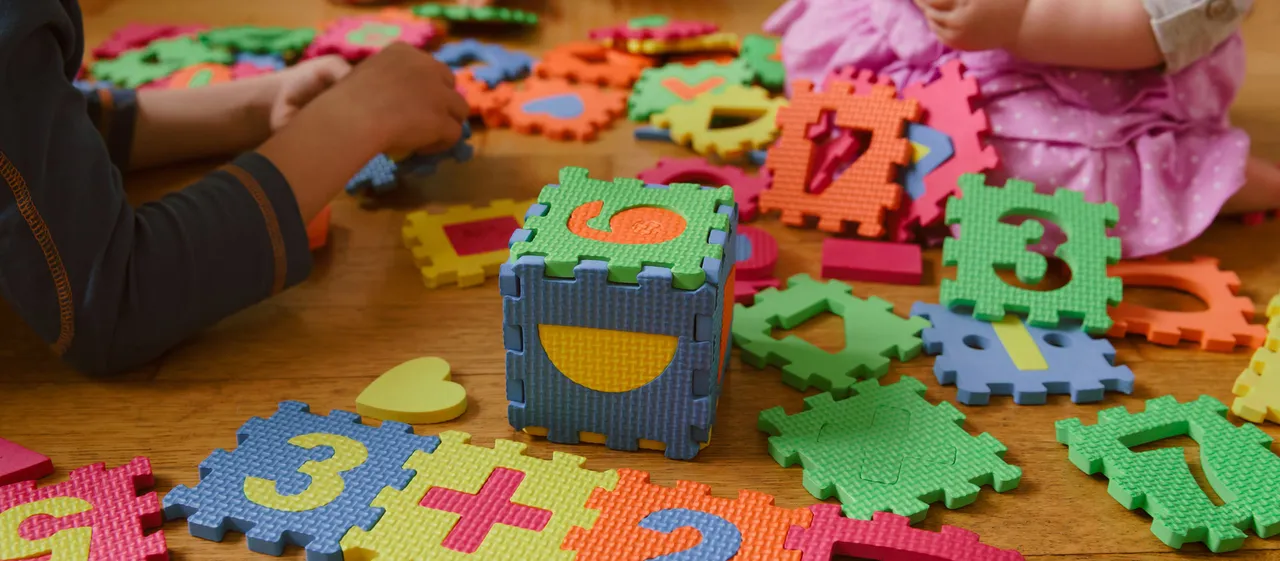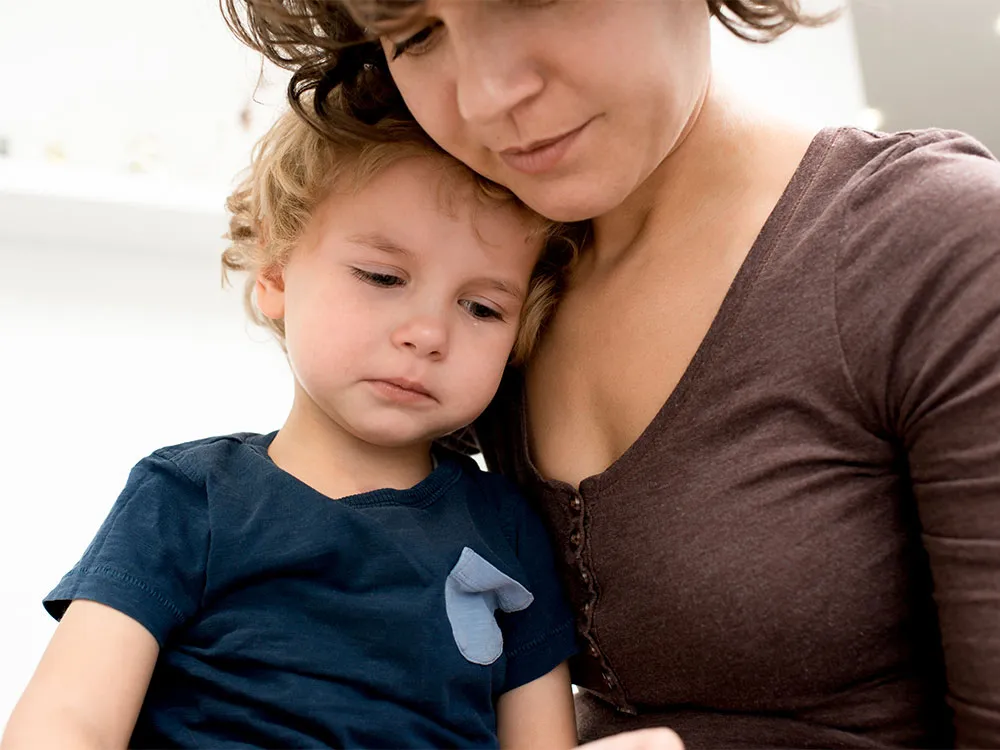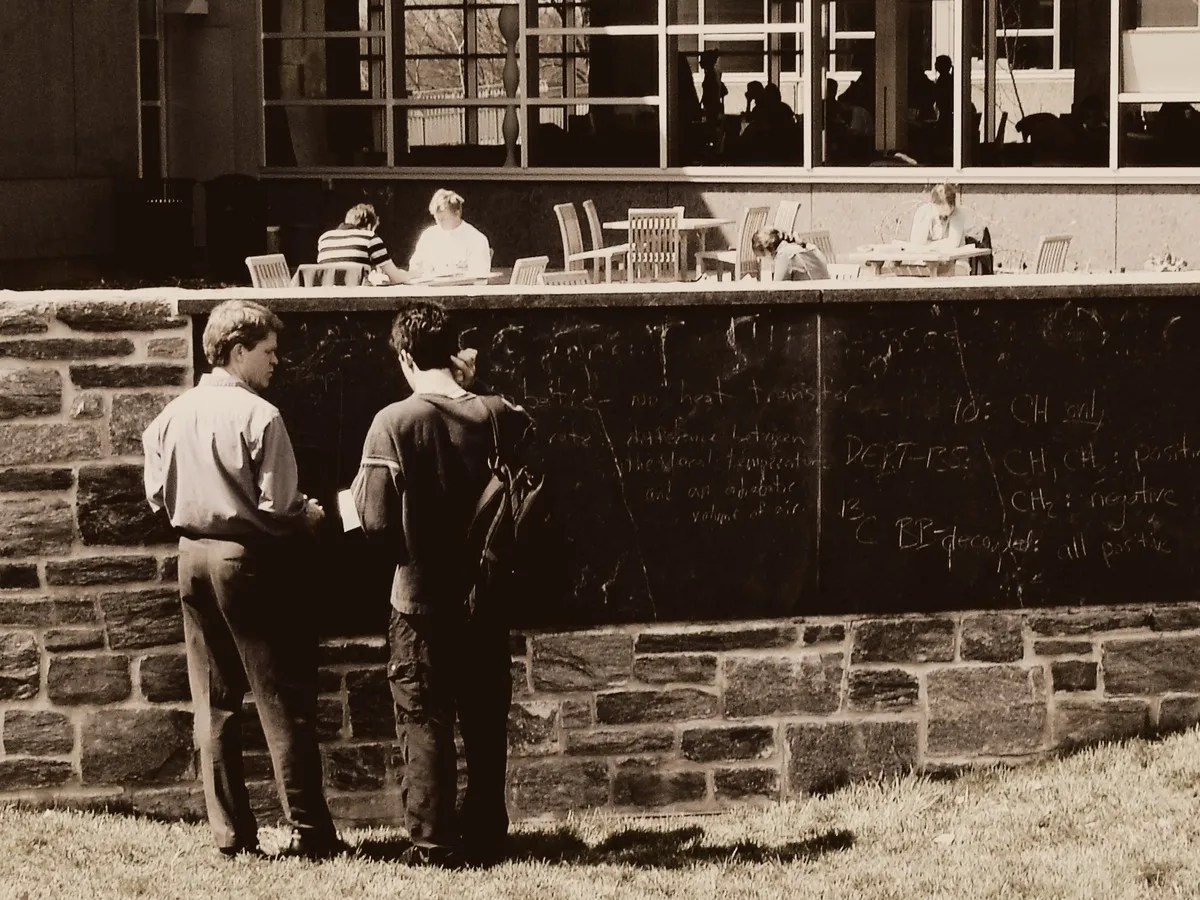In my few years of experience with children and young people, I have come to see that many factors are directly responsible for the basic challenge of our kids and really need deliberate attention. This subject of helping students and young people to overcome trauma is made complex by some growing body of researchers but I truly want to submit that whenever a young person have the trust that the adult in that room will be careful to keep them safe, physically, psychologically and emotionally, the child system automatically reconfigure and begin to do better.
When a trusting relationship is fostered with the adult, the child will naturally develop strength to cope with trauma and most importantly will focus more in learning. At any point in time that a child experiences a traumatic event, a long lasting adverse effect on the kids academic achievement will be established, when there is no structured coping mechanisms to enable them overcome it, as long as they remain there no matter what is given to them, the feeling of being unsafe and vulnerable will be on ground and in such cases there is always or in most cases resort in an aggressive strategies in an attempt to help recover or gain control of their environment. The direct effect when exposing a students to traumatic experience is very critical and should be prevented or if possible be eliminated.
This things are much more functional in study rooms or in child molding process, by this I mean a student teacher relationship. So it becomes very critical to deliberately equip our teachers with skills and knowledge that will enhance and foster the student’s teacher relationship that will help make the study room to be conducive and possibly eliminate the long existed adult outcome that is associated with trauma.
This is mostly important for the parents and the basic primary schooling system, because this times are when the value system of a child is being inculcated, I will share some tips that will help out while we deliberately engage the children for maximum performance.
- Prioritize Relationships
Because these children may not have experienced many other positive relationships with adults, the student-teacher bond can be the most important gift educators have to offer. Teachers who are reliable, honest, and dependable can offer the stability these students so desperately need.
- Listen
Teachers don’t need to solve children’s problems in order to help. Listening to students when they want to talk can make all the difference to a child struggling with a chaotic home life. “It’s really that simple,” McConnico said. “Listen, reflect back to them that they have been heard, validate the child’s feelings without judgment, and thank the child for sharing with you” advised McConnico.
- Create Opportunities to be Successful
In the day to day work of teaching, it can be far too easy to focus on the negatives, but it’s important to give kids moments of success. “Catch students being good and create opportunities for them to do the right thing.” Positive experiences beget positive experiences and those moments make kids feel valued and valuable.
- Routines
Clear routines and expectations are important to all children, but particularly for those who live in chaotic environments where they are often out of control. Students feel safe when limits are understood, when teachers express clear timelines, expectations, and consequences.
- Incorporate Downtime
Everyone can benefit from opportunities for mental rest, daydreaming, and opportunities to process new information, but traumatized children in particular need downtime in order to regroup, relax, and get a break from both the cognitive exertion of the academic day and the emotional stress of a chaotic home life.
- Every child Teachers must be children friendly:
This is very important and should be handled as a subject of high interest, this will go a long way to help even children who have not exposed to the adverse effect of trauma and those who have been exposed, again we must understand that foolishness is in the makeup of the child, though they all need to be corrected but the articulate measures to be engaged becomes the subject of concern. Notices that l said every child teacher must be children friendly meaning He or She will need to understand every child or the makeup of every child to be able to fit into the world of many children.
- Be dynamic and be deliberate in Engaging multiple approach to discipline:
Please I must really emphasize that every teacher must be apt, sensitive enough to smartly see and know beyond what is visible, when this happens, a teacher without asking questions should be able to know in a possible shortest time, so as to engage the child effectively and give them an ambient study environment by way of child, teacher relationship.
- Let true love become the central focus of the teachers, child relationship
When love is the bedrock of the operational condition, it’s become pertinent that every action is run and supervised by love, by this am saying that love is kind, patient, tolerances, longsuffering, Meekness, kindness and truth. Love is an antidote for helping every child, become better and as well break out the of trauma among
